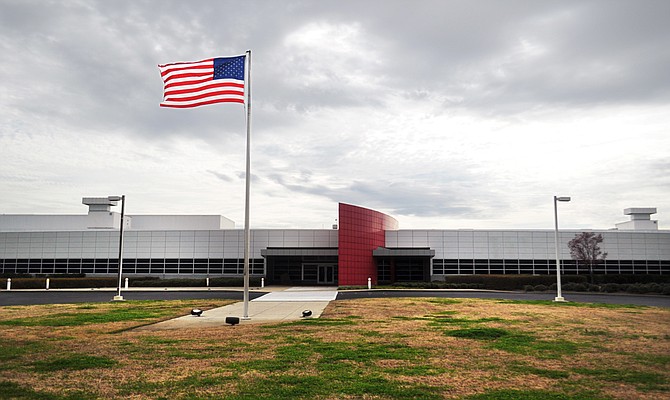Ahead of the 2017 union election, Nissan told workers that joining the United Auto Workers union could lead to layoffs or the plant’s closing. Such scare tactics were effective; the workers voted “no” to unionization. File Photo by Trip Burns
If there's one lesson we could learn from the Nissan layoffs, it's that we can't trust corporations. In the months leading up to the 2017 union election, Nissan management suggested to workers and the public that unionizing could cause layoffs or a possible plant closing.
The scare tactics worked; the workers voted against unionizing.
In early March 2019, Nissan announced that the company had laid off more than 300 temporary workers—even without the vote for the union. And without a union and the ability to negotiate a union contract, workers were left without the severance packages, rehiring clauses and other benefits that they might have secured by voting "yes" a year and a half ago.
It also feels a bit like deja vu. In 2015, Nissan laid off a number of temporary workers, spotlighting the abuses of "at-will" employment. The workers responded by wearing buttons, distributing flyers and delivering speeches that declared, "Lead Us Not Into Temp-Nation."
This phrase calls attention to another of the company's broken promises: When the State of Mississippi decided to give Nissan $1.3 billion in cash and tax breaks to locate in Canton—funds that came out of the state's education budget—they said that the money was going to provide full-time, high-paying jobs.
Nissan has not lived up to its end of the deal. The company contracted with agencies like Kelly and MINACT to pay low wages and offer substandard benefits, creating a permanent underclass of workers. Meanwhile, the government of Mississippi continues to praise Nissan and slander unions. Needless to say, officials have no intention of cutting the company off the corporate-welfare dole for breaking its agreement, just as they haven't in the past.
Unless workers unionize, companies operate as dictatorships, where the businesses will sacrifice workers' livelihoods, pantries, mortgages, car payments, medical bills and other needs for the bottom line. Our state's leadership is intent on keeping it that way. To do so, they have used many tools, from violence, firings and threats to more subtle tactics, including the almost total suppression of our labor history.
James Silver, the author of "Mississippi: The Closed Society," once wrote, "I must confess indignation that the recorded history of Mississippi has changed more slowly than the state itself."
The way that we talk about—or, more importantly, don't talk about—labor history in Mississippi influences the way that workers in the state vote in union elections. Many people deny the existence of such a history, claiming that the hotbeds of union activity were all up north somewhere, and that those who seek to organize here are carpetbaggers or "outside agitators." Real history proves just the opposite.
Mississippi workers have been organizing unions since 1866, when the washerwomen in Jackson organized, sent a petition to the mayor and discussed going on strike to secure a uniform pay scale. Indeed, general strikes and negotiations even occurred on plantations during slavery. ("The only place where Negroes did not revolt is in the pages of capitalist historians," wrote Trinidadian Marxist scholar C.L.R. James.)
From the 1880s when the Knights of Labor organized industrial and agricultural workers throughout Mississippi and even elected a slate of labor candidates in Vicksburg, to the 1970s when the Gulfcoast Pulpwood Association and the Mississippi Poultry Workers' Union built workers' power against seemingly insurmountable corporate opposition, to the present, organized labor has fought the evils of white supremacy and economic exploitation.
But, of course, the state must not teach this history, or else workers might get notions of equality and freedom into their heads and diminish corporations' profit margins. When James Loewen and Charles Sallis wrote "Mississippi: Conflict and Change" to replace the white-supremacist history textbook in use then, it won a prestigious literary award—and the state textbook committee rejected it. The members considered the book dangerous, not just because it criticized racist politicians like Bilbo and Vardaman, and challenged popular misconceptions about slavery and the Civil War, but also because it included a section on labor history in the state.
Describing the early manufacturers who set up shop in Mississippi, the authors wrote: "Low wages were considered a necessary evil in order to attract new factories. Businessmen considered unions and strikes 'unpatriotic,' against the interests of the community." There's a reason we don't teach labor history. It's because we don't want things to change.
Jaz Brisack is a labor organizer, abortion clinic defender, and the University of Mississippi's first woman Rhodes Scholar.



